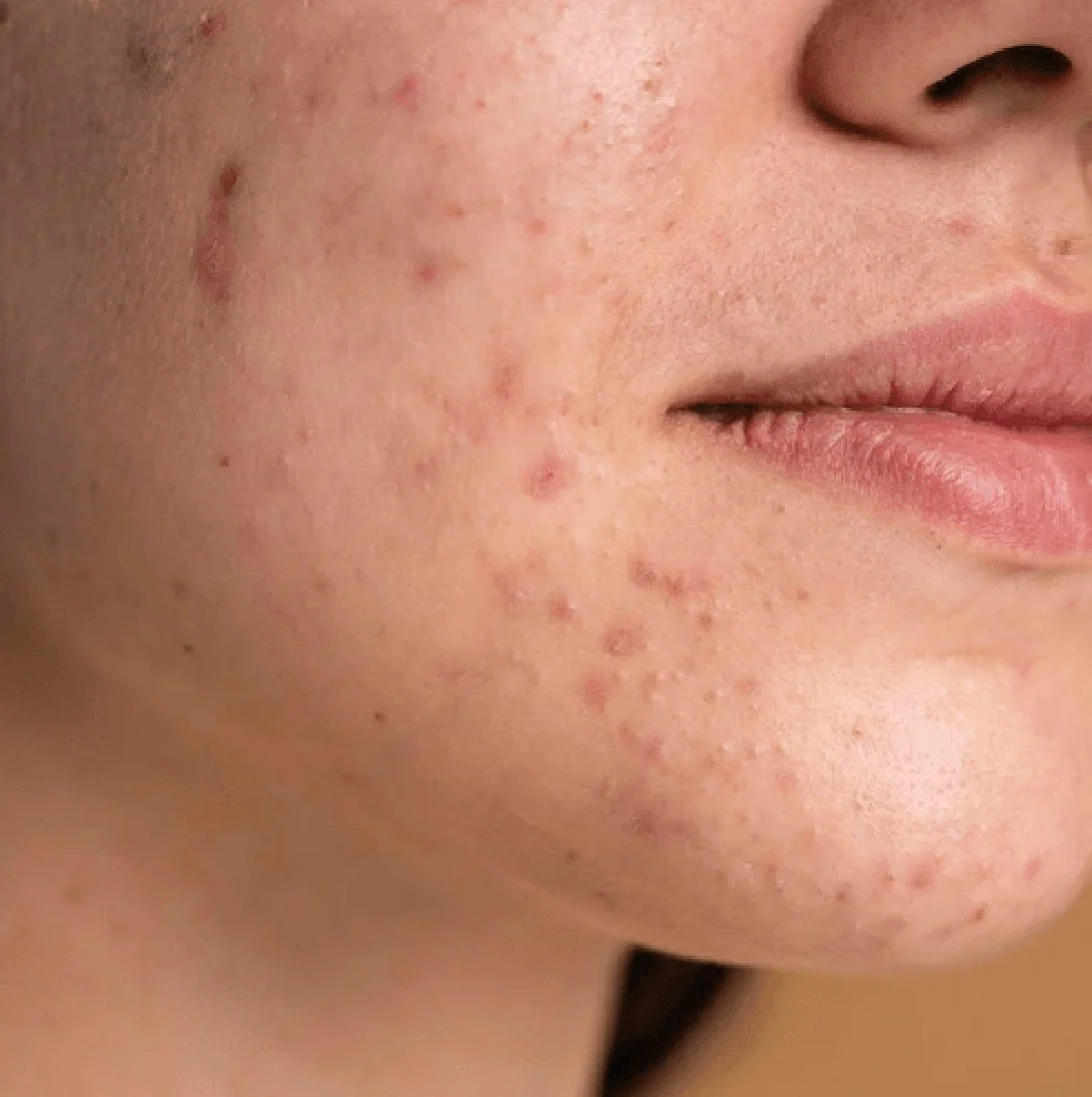
Department of Dermatology (skin care)
Welcome To Gangasheel Hospital
What is Acnes ?
Acne is a skin condition that occurs when hair follicles become clogged with sebum and dead skin cells. It causes white acne, black acne, and acne. Acne is most common in her teens, but it affects people of all ages.
Although there are effective acne treatments, acne can persist. Pimples and bumps are slow to heal, and when one starts to disappear, other bumps seem to appear.
Acne can cause emotional distress and skin scars, depending on its severity. The sooner treatment is started, the lower the risk of such problems.
The signs of acne depend on the severity of the condition.
- Pimples (closed and clogged pores)
- Pimples (open and clogged pores)
- Small, red, tender bumps (papules)
- Pimples (pustules). Tip
- Large, hard, painful bumps (lumps) under the skin
- Painful, pus-filled bumps (cystic lesions) under the skin
- Acne usually appears on the face, forehead, chest, upper back, and appear on the shoulders.
- Excessive sebum production Hair follicles clogged with sebum and dead skin cells Bacteria Inflammation Acne usually occurs on the face, forehead, chest, upper back and shoulders.
- sebaceous glands. Hair follicles are connected to sebaceous glands.
- The walls of the hair follicles may swell and cause pimples. Or, the plug may open to the surface and cause blackening and darkening. Blackheads can look like clogged pores. In reality, however, pores are filled with bacteria and sebum that turn brown when exposed to air.
- Pimples are red, raised patches with a white center that form when a clogged hair follicle becomes inflamed or infected with bacteria. A blockage or inflammation deep within the hair follicle creates a cyst-like mass beneath the surface of the skin. Other pores in the skin, which are openings for sweat glands, are not usually involved in acne.
During normal hormonal changes, it's difficult, if not impossible, to prevent acne.
- Wash your face daily with lukewarm water and a mild cleanser.
- Use a moisturizer regularly.
- You don't have to stop wearing make-up, but use "non-comedogenic" products and remove make-up at the end of each day.
- Keep your hands away from your face.
Your doctor may suggest non-prescription medications for your condition. Depending on the severity of your condition, your age, the type of acne you have, and the effectiveness of over-the-counter medications, you may need stronger prescription medications.
Certain contraceptives may cure acne in women. The Food and Drug Administration has approved her three birth control pills to treat acne. All four contain a combination of estrogen (the main female sex hormone) and progesterone (a naturally occurring steroid that helps regulate menstruation).
